On the occasion of the 80th anniversary of the August Revolution and National Day September 2, Major General, Professor, Dr. Nguyen Hong Quan made profound analyses of the pinnacle of military art that helped our nation seize the once-in-a-millennium opportunity to gain independence. According to him, those lessons still have value in the cause of building and defending the Fatherland today.

Major General, Professor, Dr. Nguyen Hong Quan answers interview with VTC News Electronic Newspaper
Strike fast, win clean
- Major General, many historians call the August Revolution of 1945 "the art of quick victory at the national level". What is your view on this point of view?
The August Revolution was a momentous historical event, a great turning point for our nation. But that victory did not take place in one day, but was the result of a long process of meticulous, persistent, courageous and creative preparation.
Since its founding in 1930, the Party has determined that the path of the Vietnamese revolution must be to use armed struggle combined with political struggle. Vietnam's struggle is in line with the trend of the times, for the right to life, freedom and the pursuit of happiness.
Since then, the Party has focused on building armed forces, organizing revolutionary bases, and preparing bases. At the same time, the Party has persistently propagated and enlightened the masses, arousing patriotism and revolutionary will.
The 8th Central Conference (May 1941) emphasized that the task of national liberation was paramount, placing the interests of the entire people above class interests. The Party also advocated the establishment of the Viet Minh Front to unite all classes of people. Thanks to that preparation, when the historical opportunity came - Japan surrendered to the Allies - we promptly launched a General Uprising nationwide.
It was a bold but creative decision, demonstrating the mettle of the young revolutionary Party and the genius vision of President Ho Chi Minh . If we hesitate and miss the opportunity, victory will be difficult to come.
- So what is the fundamental difference between the August Revolution and previous uprisings such as Yen Bai, Nghe Tinh Soviets...?
The biggest difference is the systematic preparation and strategic orientation. The previous uprisings - Yen Bai, Xo Viet Nghe Tinh, Bac Son... - were all rich in patriotism but were mostly spontaneous, lacking unified organization, and lacking a smooth combination of political and armed struggle.

“Independence, autonomy, national defense and the aspiration for freedom - these are the immutable values of Vietnamese military art, still valid today and tomorrow.”
Prof. Dr. Nguyen Hong Quan
Our Party overcame that limitation by: Determining the goal of seizing power through armed uprising. Building three types of forces (main force, local force, militia and guerrillas). Establishing revolutionary bases, especially Viet Bac.
Thanks to that, the August Revolution mobilized the strength of the entire people, creating a synchronous coordination between leadership - command - force preparation. This is the revolutionary military art that previous uprisings had not been able to do.
- In the General Uprising, what role did the guerrilla and self-defense forces play?
The role of this force is very special. They are not only the armed forces fighting, but also the core political force. The guerrilla and self-defense teams both directly fight the enemy and propagate and mobilize the masses, turning the uprising from the actions of a few small groups into a mass movement.
That is why, within just 15 days - from the day the General Uprising order was issued - our country with a length of more than 1,000 km simultaneously gained power. That was a miracle, and was achieved thanks to a widespread network of guerrillas and self-defense forces.
- Could you please analyze the significance of the establishment of the Vietnam Propaganda Liberation Army (December 1944) and the revolutionary bases, especially Viet Bac?
This was a strategic move. The Vietnam Propaganda Liberation Army - the predecessor of the Vietnam People's Army - was the core force for armed uprising. Revolutionary bases, such as Cao Bang, Bac Son, and Viet Bac, were not only places for troops to stay but also centers of leadership, training, logistics, and propaganda.
Unlike spontaneous uprisings, the establishment of bases helped the uprising to be organized and in-depth, ensuring the ability to fight for a long time. Viet Bac later became the "resistance capital", the base of the whole country during the 9 years of fighting against the French.
- Looking back at the time of the General Uprising, can we say that seizing the opportunity was the decisive factor, sir?
The opportunity of 1945 was “once in a thousand years”. When the Japanese fascists surrendered to the Allies, the enemy lost its support and the situation was chaotic. President Ho Chi Minh emphasized: The opportunity for our nation only exists within a year or a year and a half. If missed, it will never be regained. Therefore, the Party promptly issued Military Order No. 1, initiating a nationwide uprising.
If we delay, when the Allies enter Indochina, we will lose the opportunity to seize power. Seizing that opportunity is the Party's courage and intelligence.

Declaration of Independence: Unchanging values for the cause of building and defending the Fatherland
- In your opinion, what is the military and political significance of the Declaration of Independence on September 2, 1945 in the international context at that time?
The Declaration of Independence has great historical and strategic significance. First, it affirms the international legal status of the Democratic Republic of Vietnam. The Vietnamese people overthrew the feudal regime and defeated colonialism on their own, without having to “ask” for independence from anyone.
Second, the Declaration declared the abolition of feudalism and colonialism, affirming the freedom and independence of the Vietnamese people. President Ho Chi Minh skillfully quoted the American Declaration of Independence (1776) and the French Declaration of the Rights of Man and of the Citizen (1789), to put Vietnam on par with progressive human values.
Third, this is a declaration to the world that: Vietnam is an independent nation, has the right to be respected, and is determined to protect that right at all costs.
It can be said that on September 2, 1945, at Ba Dinh Square, hundreds of thousands of people shouting "Independence! Freedom! Happiness!" not only gave birth to a new nation, but also established a solid legal and political position for Vietnam in the international community.
- So, according to the Major General, what is the biggest military-political lesson from the August Revolution and the Declaration of Independence that remains valuable today?
That lesson can be summarized in several points: Independence, autonomy, self-reliance, self-strengthening: our nation can only progress by its own strength. Promoting the strength of the entire people: uprisings and resistance wars are only successful when they turn into a comprehensive, all-people movement. Combining political struggle with armed struggle and diplomacy creates a combined strength, ensuring victory. And above all, the will and aspiration for independence and freedom - the spiritual strength that has brought the Vietnamese nation from slavery to an independent, free nation, standing shoulder to shoulder with friends from five continents.
Those lessons still hold true in the work of building and defending the Fatherland today. The August Revolution and the Declaration of Independence on September 2, 1945 are a powerful testament to the strength of a nation that knows how to seize the opportunity, dares to stand up, and steadfastly aspires to independence.
- Thank you very much, Major General.
Source: https://vtcnews.vn/suc-manh-viet-nam-tu-tuyen-ngon-doc-lap-den-cong-cuoc-bao-ve-to-quoc-ar961716.html





![[Photo] Cat Ba - Green island paradise](/_next/image?url=https%3A%2F%2Fvphoto.vietnam.vn%2Fthumb%2F1200x675%2Fvietnam%2Fresource%2FIMAGE%2F2025%2F12%2F04%2F1764821844074_ndo_br_1-dcbthienduongxanh638-jpg.webp&w=3840&q=75)


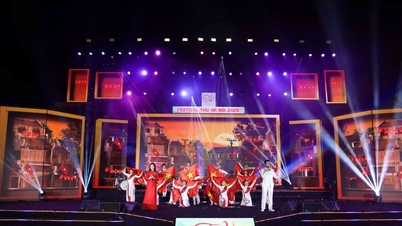





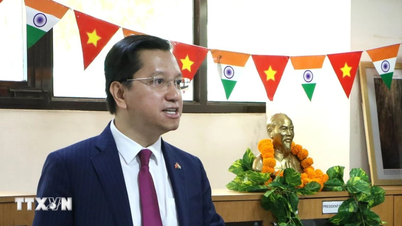






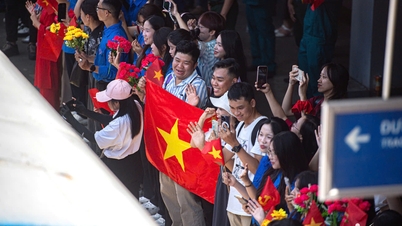
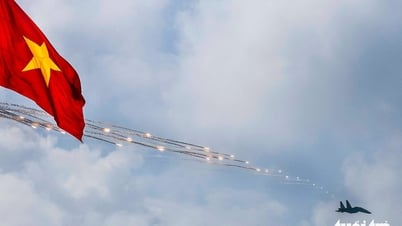

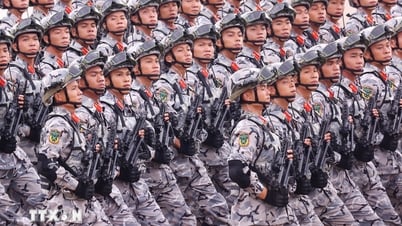
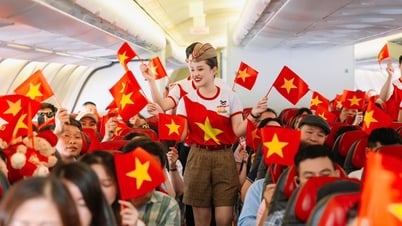









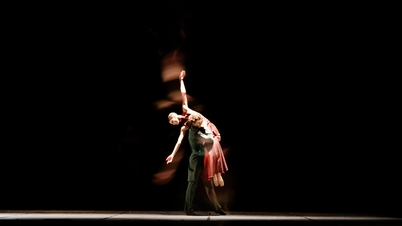

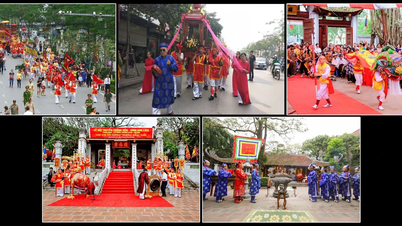
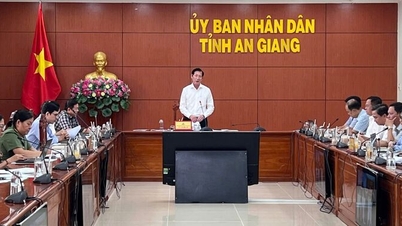


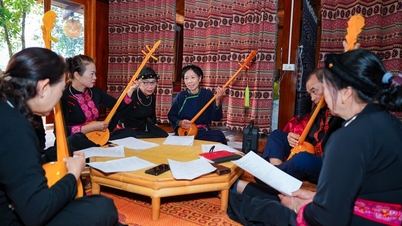



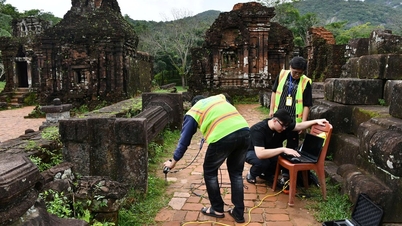



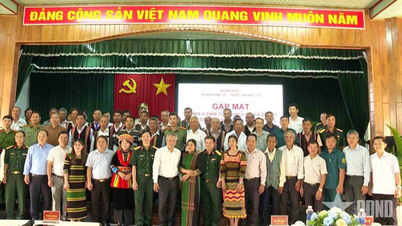



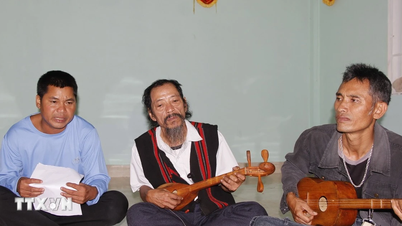
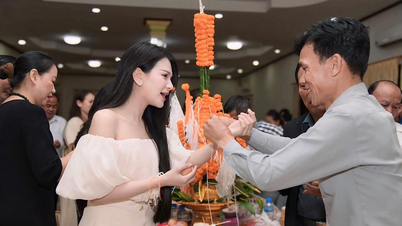


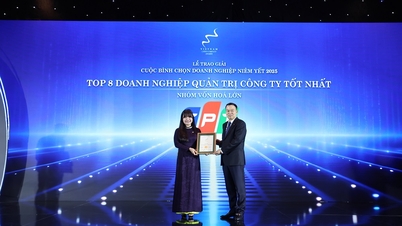

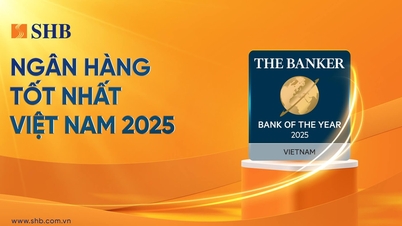

![[VIMC 40 days of lightning speed] Da Nang Port: Unity - Lightning speed - Breakthrough to the finish line](https://vphoto.vietnam.vn/thumb/402x226/vietnam/resource/IMAGE/2025/12/04/1764833540882_cdn_4-12-25.jpeg)
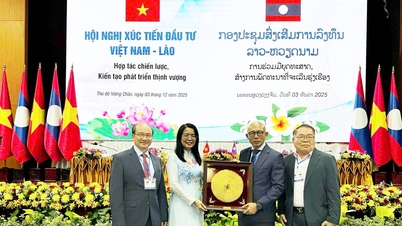

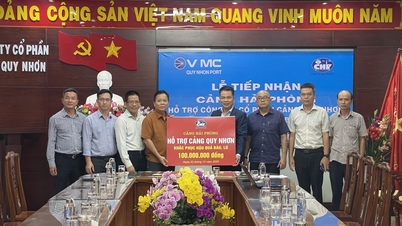







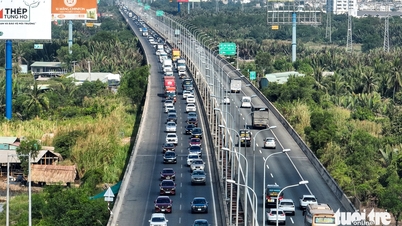



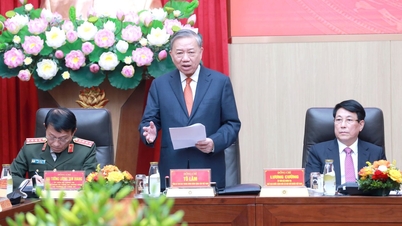

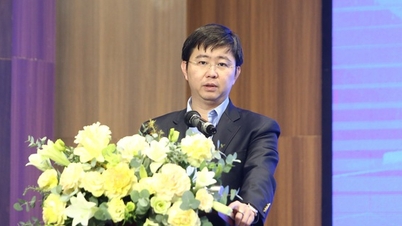

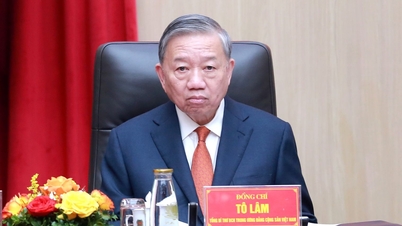





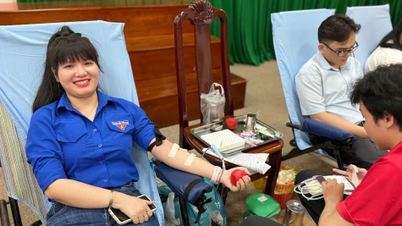

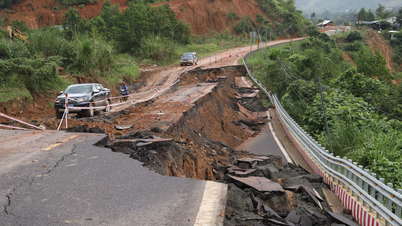



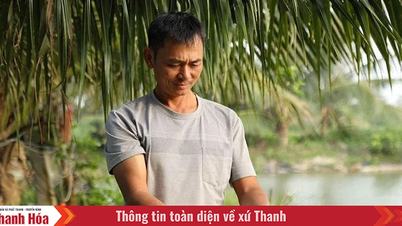















Comment (0)